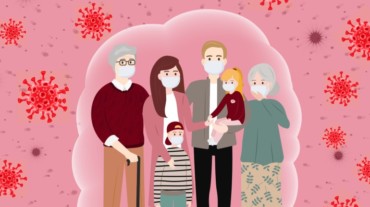
Nearly one in 15 (6.6%) above 10 years of age in the country exposed to Sars-Cov-2, the virus that causes coronavirus disease (Covid-19), till August, shows the Indian Council of Medical Research’s (ICMR) second sero prevalence data that was made public on Tuesday.
ICMR’s first countrywide sero survey that was conducted between May 11 and June 4 showed overall infection prevalence to be 0.73%.
The second survey was conducted during August 17 and September 22, in the same 700 villages and wards from 70 districts in 21 States that were covered in the first survey. Blood samples were collected from 29,082 individuals.
All other parameters about the two surveys have been the same except for the age bracket— in the first phase population selected was 18 years and above, and in the second phase samples were included from 10 years and above.
Also, watch:
“We changed the age group in the second survey from 18 years to 10 years and above because infection was also seen in younger population. Sero survey gives us virus exposure prevalence, but you may or may not have developed the disease,” said Dr Balram Bhargava, director general, ICMR.
About 3-5 ml of blood sample as collected to study the presence of IgG antibodies against Sars-Cov-2 virus. IgG antibodies are the longer lasting antibodies that help determine a past infection.
“How much time in the past is a work in progress but these develop about 2-3 weeks after having contracted the infection and approximately stay for about 2-3 months,” said Dr Bhargava.
Urban slum (15.6%) and non-slum (8.2%) areas had higher Sars-Cov-2 infection prevalence than that of rural areas (4.4%), and prevalence in adults (above 18 years of age) was also higher at 7.1%, the data shows.
Select Topics of your interest and let us customize your feed.
PERSONALISE NOWAlso, listen: